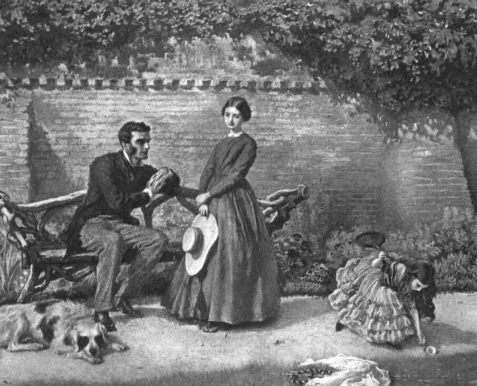Jane Eyre and Victorian Morality
The timeless novel “Jane Eyre,” penned by Charlotte Brontë, offers a profound exploration of Victorian morality and social norms that continue to resonate in today’s society. Brontë crafts a narrative that examines themes of love, independence, and integrity against the backdrop of strict societal expectations. Understanding these elements not only sheds light on the characters’ motivations but also invites us to reflect on our own values and beliefs.
The Struggle for Autonomy
At the heart of “Jane Eyre” is the struggle for autonomy and self-expression. Jane, an orphaned girl facing abuse and neglect, emerges as a strong-willed character who challenges the constraints of her environment. In Victorian society, women were often seen as subservient and confined to domestic roles. However, Jane’s journey illustrates the importance of claiming one’s identity and advocating for personal freedom. Her quest for independence serves as a powerful reminder that individual rights should not be stifled by societal expectations.
The Complexity of Love
Another significant aspect of Victorian morality explored in “Jane Eyre” is the nature of love and relationships. The novel portrays various forms of love—platonic, romantic, and familial—highlighting how these connections often clash with societal standards. Jane’s complex relationship with Mr. Rochester raises questions about equality in love and the balance between passion and moral responsibility. As Jane navigates societal pressures and personal desires, readers are invited to consider the implications of love that defies convention. Ultimately, Brontë emphasizes that true love must be rooted in mutual respect and moral integrity.
Moral Integrity and Religious Undertones
Victorian morality was heavily influenced by religious beliefs, and Brontë weaves this theme throughout “Jane Eyre.” Characters such as Helen Burns and St. John Rivers exemplify differing interpretations of faith and morality. While Helen embodies a self-sacrificial spirit, St. John represents a more rigid and duty-bound approach to religion. Jane’s moral compass ultimately aligns with a personal understanding of faith that prioritizes compassion and love over rigid adherence to societal norms. This exploration serves as a critique of the period’s often hypocritical moral standards, encouraging readers to seek authentic values rather than conforming blindly to societal pressures.
In conclusion, “Jane Eyre” remains a seminal work that challenges Victorian morality while addressing timeless themes of autonomy, love, and integrity. Its rich exploration of character and society urges us to reflect on our values and consider how they shape our lives. If you find these insights intriguing, delve deeper into the world of “Jane Eyre” and uncover more layers of meaning within this classic novel.
